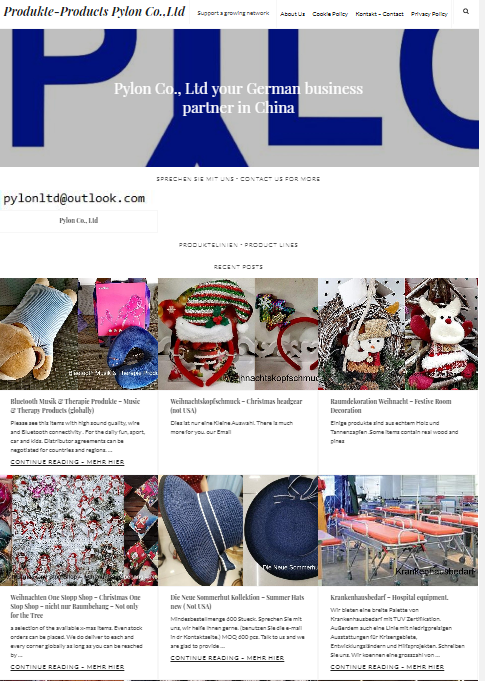- Details
-
Category: Governmental News
-
Published: Tuesday, 27 December 2011 19:57
At the commending meeting of national spiritual civilization held in Beijing on the morning of December 20, Ningbo once again won the title of a National Wenming City, as one of the six cities that have won the title for successively three times.
Liu Qi, Mayor of Ningbo Municipality, said, as early in 2001, Ningbo Municipal Party Committee and Ningbo Municipal Government set the target to win the honor for a third time. Since then, the city has followed the principles of “for the people, by the people and benefitting the people” in the building of the Wenming City. The city has associated the program with all aspects of the development of the city, such as politics, economy, culture, social development, urban construction and management. Liu Qi said, the success in winning the title of National Wenming City for a third time indicates that Ningbo has made great achievements in the work and that the central government has affirmed the achievements Ningbo has made in the economic and social development. This is also an urge for the future development of Ningbo.
It is known that the National Wenming City is the greatest honor that the central government grants to a city. This title is not permanent. A city so entitled must take the annual examination by the central government and the re-examination once every three years. On October 26 in 2005 Ningbo gained the honor as one of the first group of National Wenming Cities. On January 20 in 2009 Ningbo passed the re-examination and won the title for a second time. This year, Ningbo passed the re-examination and successfully won the championship for the third time
- Details
-
Category: Governmental News
-
Published: Tuesday, 27 December 2011 19:56
According to Ningbo Branch of China Export & Credit Insurance Corporation (SINOSURE), in the 10 years after China's entry into the WTO, the export credit insurance business grew by over 150 times. This has guaranteed the export of over 1,500 enterprises of Ningbo and contributed to the stable and rapid development of foreign trade of the city.
China Export & Credit Insurance Corporation is a result of China's entry into WTO. On December 18, 2001, 7 days after China's entry into WTO, China Export & Credit Insurance Corporation, China's only financial institution engaged in the business of export and credit insurance was founded. This is an important step Chinese government took in following the rules of the WTO and international practice to give policy support to foreign economy and trade.
In the past ten years, with the policy for export credit insurance, the export credit insurance has been welcomed by enterprises. The scale of the business has grown by over 150 times. Statistics show that from January to November 2011, the insurance that Ningbo Branch of China Export & Credit Insurance Corporation gave for exports is over 9 billion US dollars, and it is estimated to be over 9.5 US dollars for the whole year. This figure is 158 times that of the first year when the SINOSURE was founded.
According to statistics, from 2002 to November 2011, the insurance that Ningbo Branch of China Export & Credit Insurance Corporation has given for exports has added up to 25.76 billion US dollars, increased by 83% annually. 10 years ago, the coverage of exports of Ningbo by the policy of credit and insurance was 0.75% and in the first 10 months this year, the exports supported by the credit and insurance value 8.33 billion US dollars, the coverage amounting to 16.6%, basically up to the international level. By November 2011, 1,500 enterprises of Ningbo join the insurance coverage.
In the meanwhile, insurance financing is much favored by enterprises. In the past ten years, the growing insurance financing has effectively relaxed the financing pressure of foreign trade enterprises, especially the middle and small enterprises in the present credit tightening situation. From January to November 2011, 266 enterprises got loans of over 4 billion yuan by credit insurance. In the 10 years, the loans by this means total over 16 billion yuan









